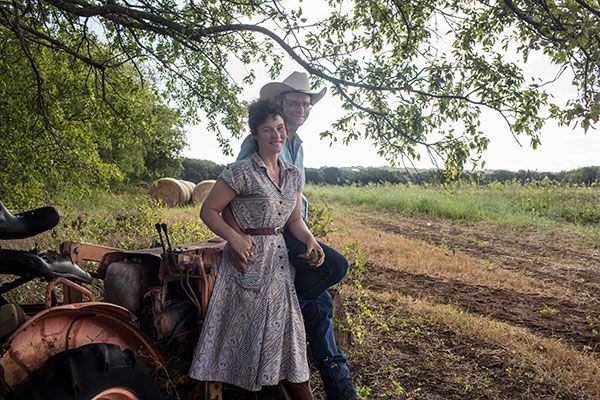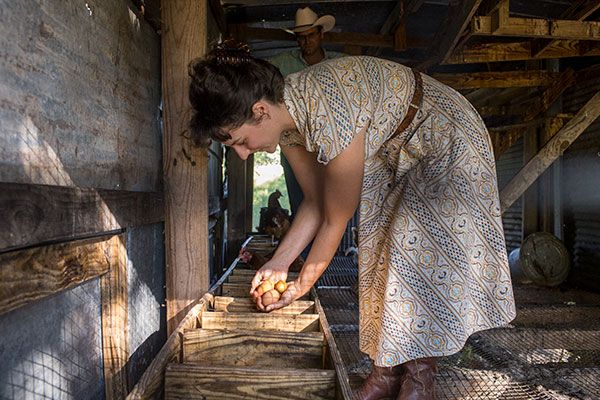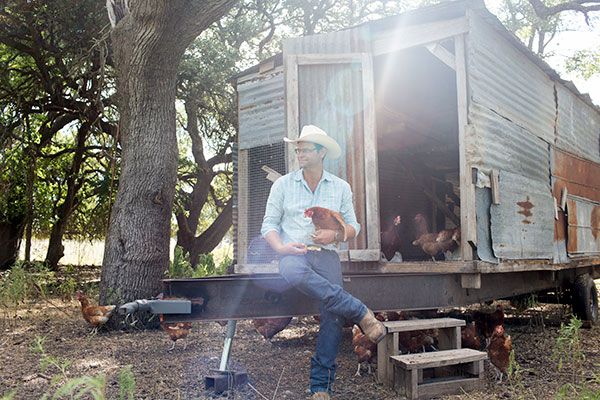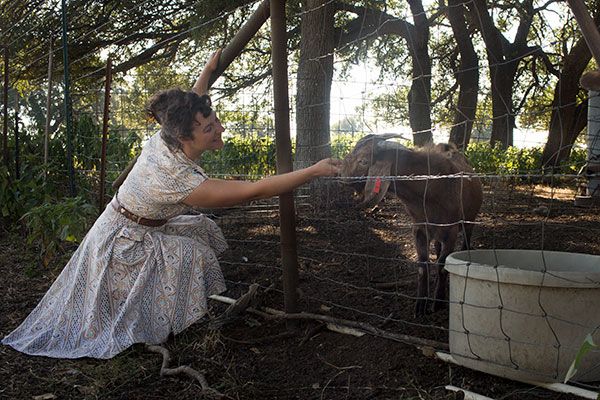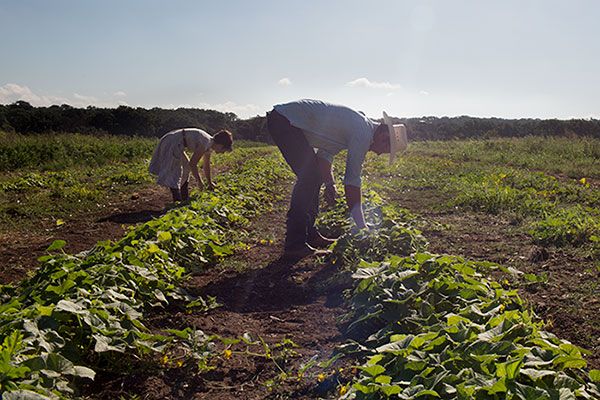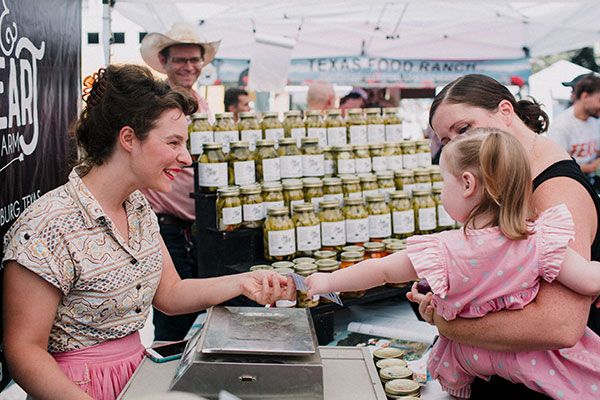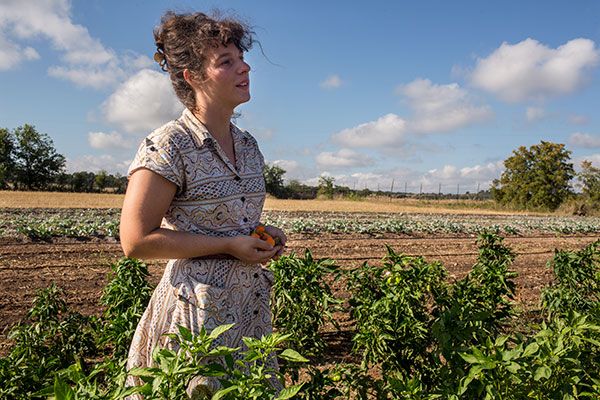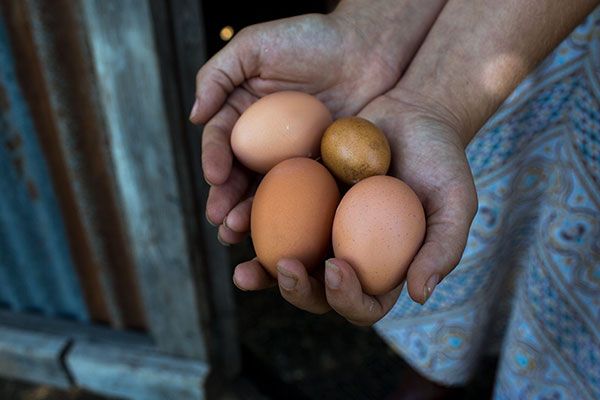Commitment to caring for our land and feeding our community is what drives Katherine Tanner and Bradley Ottmers, farmers of Hat and Heart Farm. A 6th generation farming family, this pair each have deep roots to Fredericksburg, TX. Bradley was raised on the farm that is now Hat and Heart and strives to apply the lessons he learned from his father and the wisdom passed down from the generations before to steward his family land.
After taking over the family farm, Katherine and Bradley have begun to build on his family legacy and turn it into something even more. More sustainable, modern, and just plain inspiring. Farming is hard work, especially for a small-scale operation like theirs, but every week they come to the SFC Farmers’ Markets with genuine smiles and energy like no other. When asked about what it’s like to be a new farmer, Katherine replied that she’s never found more satisfying work.
Read our interview below with Katherine to learn more about Hat and Heart Farm and their passion for growing food. We think you’ll come away with respect for the resilience of this young couple who are striving to build a thriving, regenerative farm on a foundation of love.

